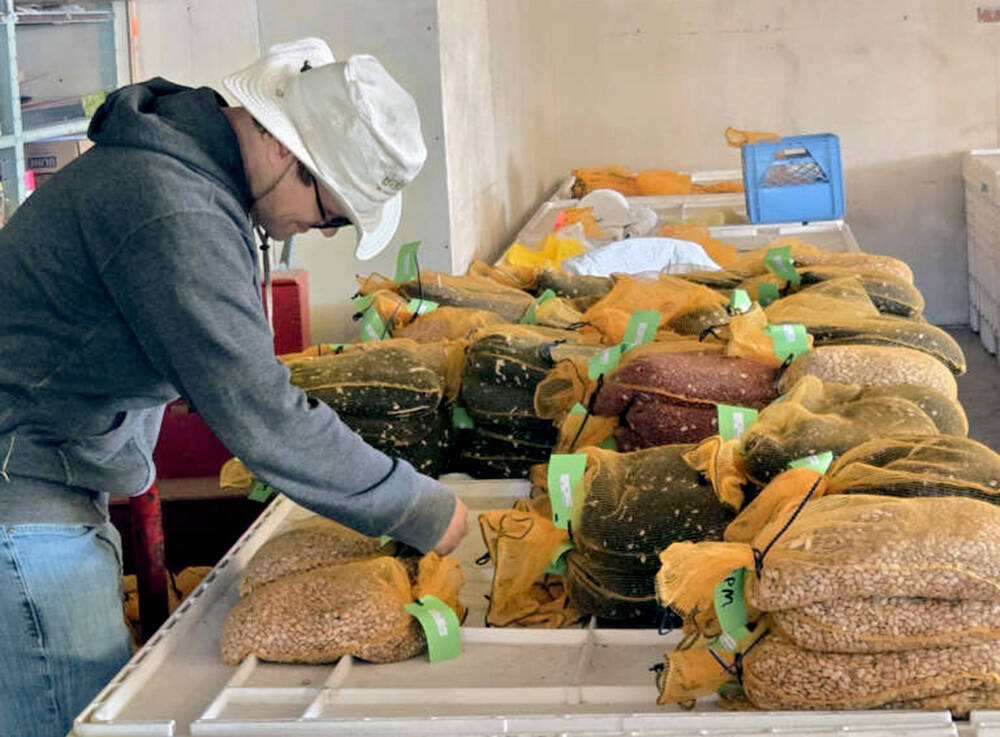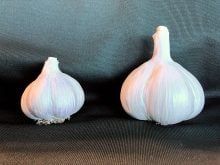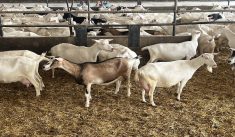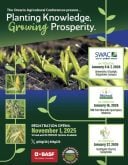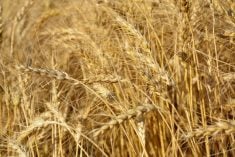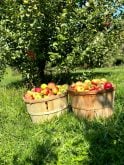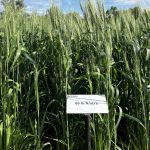Dr. Mohsen Yoosefzadeh Najafabadi has “bean” looking to share the 100,000 research plants he grows annually for his breeding programs.
Najafabadi, an Ontario Agricultural College dry bean breeder and computational biologist, only requires a few thousand plants for the University of Guelph breeding programs.
“The rest, thousands of beautiful, colourful and nutritious beans full of potential, are typically left in the field,” he explained. “Rather than letting them go unused, we’re giving them a new purpose.”
Read Also

Canada seventh-most influential country on agri-food
Report from Dalhousie University and MNP shows Canada ranks seventh among G20 countries on agri-food influence.
Why it matters: The harvested beans are being donated to the Guelph Food Bank and used to create art for a United Way fundraiser to support those in the community.
During a bean-gleaning event last year, when his team collected pods and worked the fields, they were struck by the low yield of usable beans. They committed to harvesting, cleaning, and bagging the beans to donate to the food bank, reducing the breeding program’s annual waste and supporting the community.
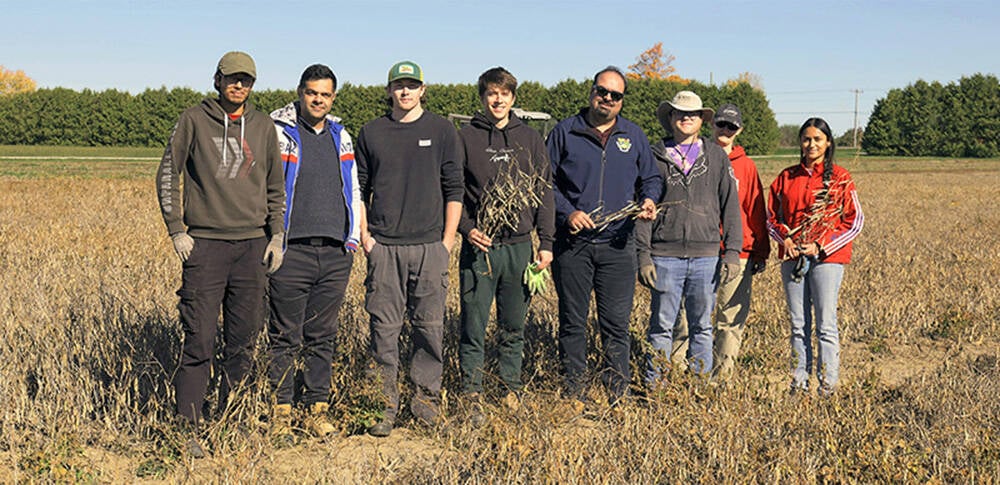
“While the event succeeded in bringing people together, it also showed us the need to rethink our approach if we wanted to maximize both our efficiency and impact,” he said, adding that a similar donation was made by Dr. Peter Pauls, UofG professor Emeritus, in 2021.
Najafabadi, who leads the Dry Bean Breeding and Computational Biology Program, is focused on improving dry bean yield, stress resilience and quality traits, and his team developed BeanGPT, an online platform using AI to help breeders choose the best bean varietals for their fields.
The navy, black, kidney, cranberry, yellow, pinto and adzuki beans grown for the program will provide an agricultural colour palette and unusual medium for a United Way art auction on Oct. 30 from 12 to 1 p.m. at the Crop Science building to benefit the annual fundraising campaign.
The university partners each year with United Way, collecting more than $460,000 last year to support community programs, including food security initiatives, housing programs, and youth services for residents of Guelph, Wellington, and Dufferin Counties.




